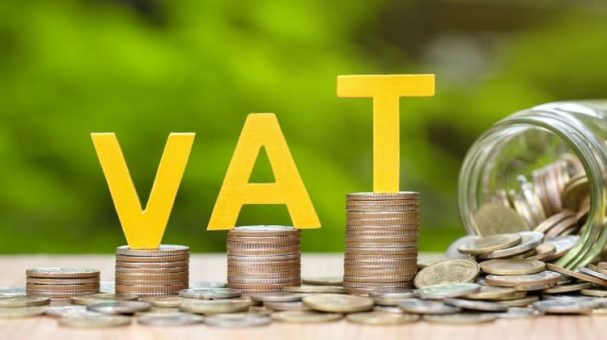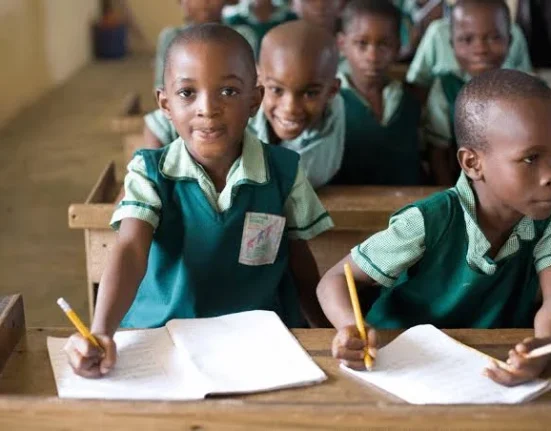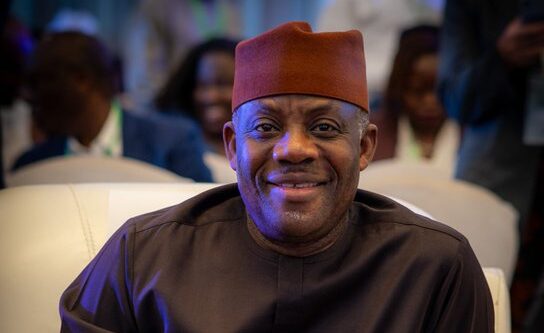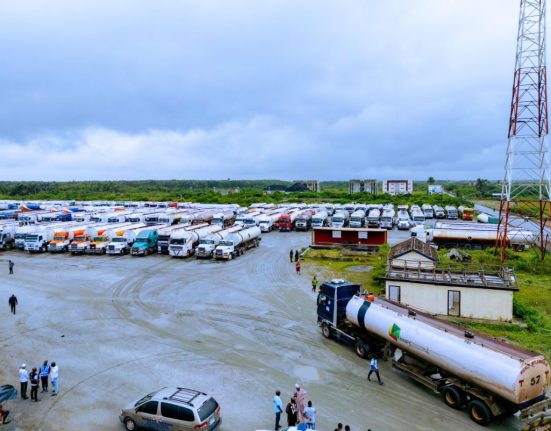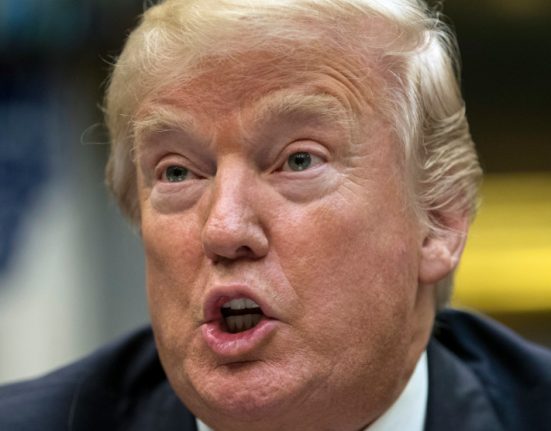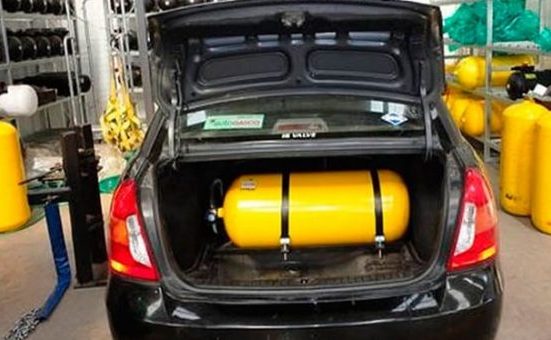Abuja, June 21, 2025 – States in Nigeria’s North Central zone collectively received a total of ₦126.17 billion in Value Added Tax (VAT) allocations during the first quarter of 2025, despite generating ₦52.69 billion within the same period, a reflection of the Federal Government’s revenue sharing structure aimed at fiscal balancing across the federation.
According to the official data, Kwara State led the region in VAT generation with ₦14.43 billion, yet received ₦20.17 billion from the pool. Benue State generated ₦12.36 billion and received ₦23.70 billion, while Kogi State contributed ₦7.33 billion and got an allocation of ₦21.12 billion.
Other states in the region followed a similar trend. Nasarawa generated ₦7.05 billion but received ₦18.15 billion, Niger contributed ₦5.97 billion and got ₦22.35 billion, while Plateau, with the lowest VAT generation in the zone at ₦5.55 billion, received ₦20.68 billion.
The figures highlight a significant disparity between what states generated internally through VAT and what they received from the centrally distributed pool, reaffirming the redistributive principle of Nigeria’s fiscal federalism, which aims to bridge economic gaps and ensure equitable development.
The total amount generated in Q1 by all six North Central states stood at ₦52.69 billion, while the amount received from the Federation Account stood at ₦126.17 billion, more than double the region’s contribution.
This pattern underscores the continuing reliance of many sub-national governments on federal allocations to fund their budgets and sustain governance. Experts say it also raises important questions about the need to strengthen internal revenue generation and fiscal independence among states to reduce overdependence on centrally pooled funds.
The VAT sharing model, coordinated by the Federal Inland Revenue Service (FIRS) and disbursed by the Federation Accounts Allocation Committee (FAAC), continues to be a major component of state revenues, especially for states with less industrial or commercial activity.

